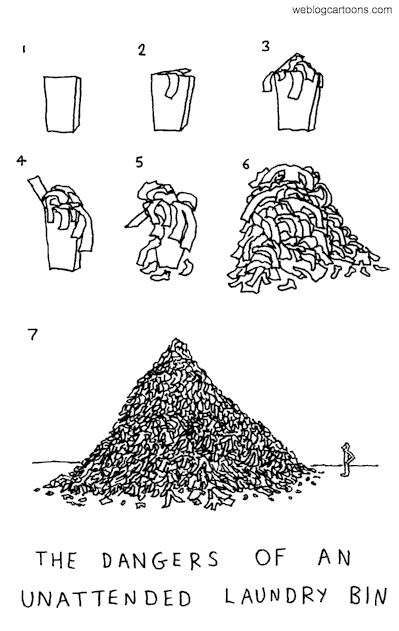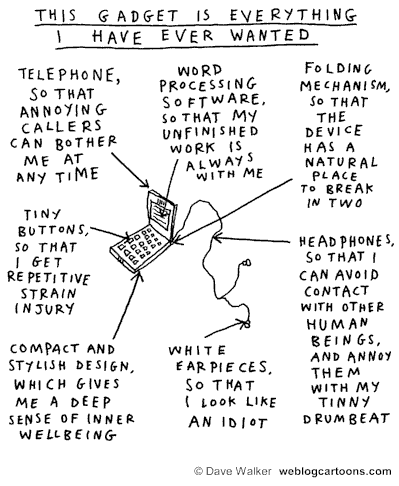Two more essays on reading and writing.
Karin Kallmaker, author of lesbian fiction, has a blog (Romance and Chocolate – What Else Is There?) where she answers questions from readers (and other writers) as well as expounds on life in general. Her most recent, All Endings Have Beginnings, post brings up something I had long forgotten about.
It’s not original, not by any means. Years ago, I read Syd Field’s Screenplay, which set out the classic three act plot that is the backbone of a lot of great screenwriting. His discussion of structure was adapted and modified from a thousand years of theater history, all the way back to Aristophanes. My adaptation keeps it very simple: 25/50/25. At 25% of the story all ground work has been done, and all elements of the narrative, characterization and plot are set in motion. From that 25% comes the full rising action of 50% of the novel. The final 25% harvests everything that was planted in the first 25%. Everything in the last 25% can be traced to something in the first 25%. Balance.
I had first read about this theory long ago and, my brain being the sieve that it is, I’d forgotten this important rule. As KK said earlier in the post, writing rules can be broken by very good writers but “for the rest of us, the rules are pretty good guidance.” She akins this balance of 25-50-25 to spinning plates like in a juggling act.
If my instincts say the story I want to tell is likely going to be about 75,000-85,000 words (e.g. Substitute for Love or Finders Keepers), then the cut-off for tossing a new plate in the air is at about 20,000 words. The next 40,000 words will keep every plate spinning. At 60,000 words it’s time to start catching plates, one-by-one, leaving the best for a skillful, confident final act, then exit stage right. When all the plates are caught, the story is over. There might be a little bit to be done so everyone can catch their breath, take a bow, do a very short encore if the audience clamors.
Being the visual diva that I am, I like this image. This could mean some degree of pre-planning ahead of time but for me it will mean more of a “where did it go wrong?” guideline. BG3 is horribly stuck and I think it is stuck with maintaining the spinning plates section. BG2 crashed and burned because I couldn’t even FIND the plates, let alone start them spinning.
##
The second Food For Thought discussion is from an article from the Columbia Journalism Review. Ezra Klein has an interesting article titled The Future of Reading. Klein takes a Kindle (the Amazon.com’s ebook reader) and used it for a month. This experiment spawns some interesting possibilities for reading – and for writing. This paragraph, from page 4 of the article, sums it up:
The possibilities are endless, and many are obvious. Currently, authors are hampered by the nature of the publishing process. Books are begun years before their publication date, and finished months before they will ever reach readers. A book on electoral politics may be completed in 2007 and released in early 2008, its continued relevance reliant on nothing more concrete than the author’s vision and the vicissitudes of polls. With electronic text, however, the original “book†could be just the first step in an ongoing relationship between author and reader. In the most simple form, the book could be updated with new chapters and commentary. Corrections could be downloaded automatically, as could new pieces of supporting evidence. Debates could be held with critics, and the transcripts e-mailed out to all who purchased the original title. The book could be released in 2008, and updated through the election and even beyond, the author routinely applying the insights of the original work to the daily news reports.
Think about this. There. Mind exploded yet? Now read the paragraph-and-a-half that follows it.
This could profoundly alter the relationship between authors and their audiences. One of the finest bloggers around is The Atlantic’s Matthew Yglesias, who’s also the author of the new book Heads in the Sand, an examination of the politics of American foreign policy. Currently, his blog is supported by The Atlantic. But what if readers of his book were offered the opportunity to subscribe to his commentary for $5 a year? Imagine that some thirty thousand copies are sold, and half those readers decide to pay for Yglesias’s further thoughts. That’s now a yearly income of $75,000, flowing directly from readers to author, unmediated by ads or institutions.
It’s not only the relationship between writer and reader, however, that could deepen in the age of electronic text. Reading, mostly a solitary pursuit, could become a social act. It’s now common for newspapers to host comment sections where readers can weigh in on their articles, and books could do much the same. How much easier a dense work of philosophy would be if we could communicate with others struggling through the same chapters, and even be helped along by the author.
Klein ends the article with what the future may hold for Kindle (bolding is mine):
This may, ultimately, prove to be Amazon’s truly crucial role—not driving the future of reading so much as the future of writing. E-reading technology will push forward even without Amazon’s involvement. The Kindle will soon face stiff competition from a bevy of able competitors. Sony already has an E Ink reader on the market, as does iRex Technologies, and the latter allows you to scrawl notes on the screen with an electronic stylus, then upload those notes to your computer. In the next year, Polymer Vision will bring out Readius, a cell phone that includes an E Ink reader with a rollable screen. Amazon, of course, has plenty of resources and by far the best market position. But if the Kindle’s successor or competitors are to succeed, it will be because Amazon used its status as the world’s largest online bookseller to force authors to think seriously about creating content that works better than the book, that goes where the book cannot, that’s interactive and cooperative and open in ways that printed text will never be.
While I hate the idea of Amazon.com being in a positive crucial role, Klein has a point.
Head nod to AndiM for linking to the article via Lesbian Fiction Forum.
Linkages:
Karin Kallmaker, author and cutie – link to above mentioned post
Columbia Journalism Review – Klein’s article: paginated version and one page version
Amazon.com’s Kindle ebook reader


